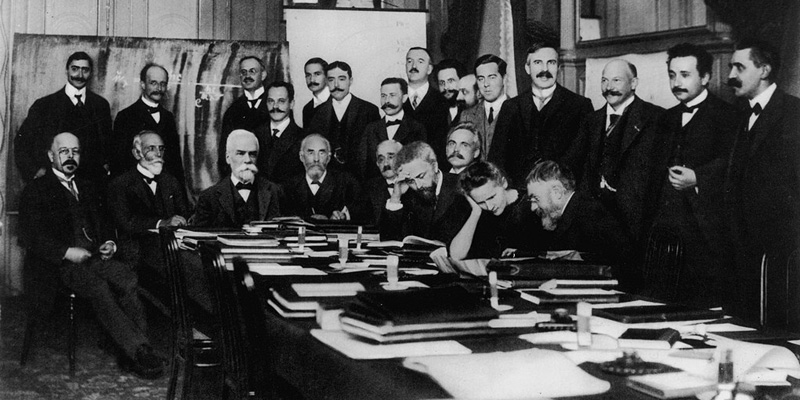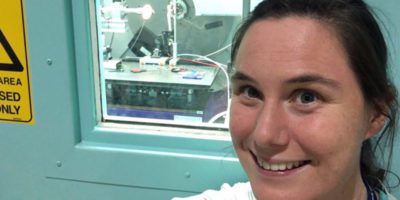
What the world needs now…
Hello, and welcome to issue 94, our Women in Science issue, timed to coincide with the International Day of Women and Girls in Science on 11th February. This is the third such day, with a resolution to establish an International Day to recognise the critical role women and girls play in science and technology having been voted for by the United Nations General Assembly at the end of 2015.
Science and gender equality have been agreed by the United Nations as both being vital for the achievement of the internationally agreed development goals, including the 2030 Agenda for Sustainable Development. Surely the 193 countries who voted to end poverty cannot be wrong. What the world needs now isn’t just love – although that has to help too – it’s brains. Everyone’s brains.
It was Marie Curie who said: “Nothing in life is to be feared, it is only to be understood. Now is the time to understand more so that we may fear less.”
(Check out the brilliant photo at the top of the page with Marie Curie sat surrounded by men at the first Solvay Conference in 1911.)
I can’t think of a more important time than today for the scientific community to embrace the widest possible pool of talent and ideas, because for the first time in my lifetime I’m seeing scientific fact being challenged and called into question like never before. We’ve got doubters of global warming. How do they explain polar bears starving to death in the Antarctic? We’ve got people who still believe the Earth is flat. It could be funny if it wasn’t so terrifying.
People are cherry picking the ‘facts’ that support their own belief systems. Is this because they are afraid of facts? As with politics, personal beliefs are well, personal. The increasing use of social media to keep up with what’s happening in the world means that we are more likely to find our news from sources that reinforce our own personal beliefs and values.
“…you are entitled to your own opinion, but you are not entitled to your own facts…”
I was watching David Letterman’s new show, My Next Guest Needs No Introduction, recently, and Barack Obama was the first guest. Obama said:
“…One of the biggest challenges we have to our democracy is the degree to which we don’t share a common baseline of facts. There is a well-known senator from New York, Daniel Patrick Moynihan. And one time he was debating one of his less-capable colleagues. And the guy got flustered and said, well, Senator Moynihan, that’s just your opinion, and I have mine. And Moynihan says, sir, you are entitled to your own opinion, but you are not entitled to your own facts…”
This is true not only for politics, but also for science. Never before has scientific fact been called in to question more, partly for political gain. For this reason, science needs to keep recruiting the brightest and best minds, regardless of who they belong to.
Bringing diverse voices together
In this issue, Ivvet Modinou, Head of Engagement at the British Science Association shares how she is actively engaging with volunteers to make science accessible to anyone and everyone. You don’t have to be a scientist to volunteer. She makes the excellent point that science is about bringing diverse voices together to discuss broader societal issues.
Sometimes when I’m putting Womanthology together and I glimpse into the future, most of the time I’m exhilarated about all the possibilities for science, medicine and technology – there’s a great many talented women (and also men) working to push through the barriers of convention and make wonderful things happen. There’s artificial intelligence and robotics. There’s blockchain and cryptography. There’s new 2D materials with incredible properties that make the impossible possible.
Sometimes I’m a little scared about the unrelenting pace of progress too, but as Marie Curie says, the more we understand, the less we fear. Let’s involve as many diverse viewpoints as possible, across all genders, ethnicities and all sections of society. Science needs us all if we’re to fully embrace its possibilities, and that’s a fact.
Marie Curie image credit: Benjamin Couprie [Public domain], via Wikimedia Commons






